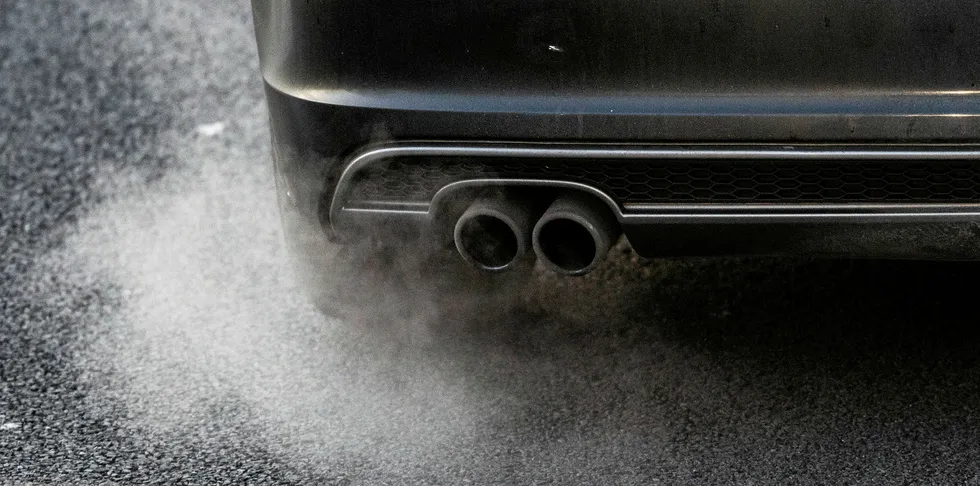Renewables growth slowed by fossil-fuel subsidies: REN21
Lack of national policies on decarbonising heating, cooling and transport is holding back global renewables sector, says new report

Lack of national policies on decarbonising heating, cooling and transport is holding back global renewables sector, says new report
